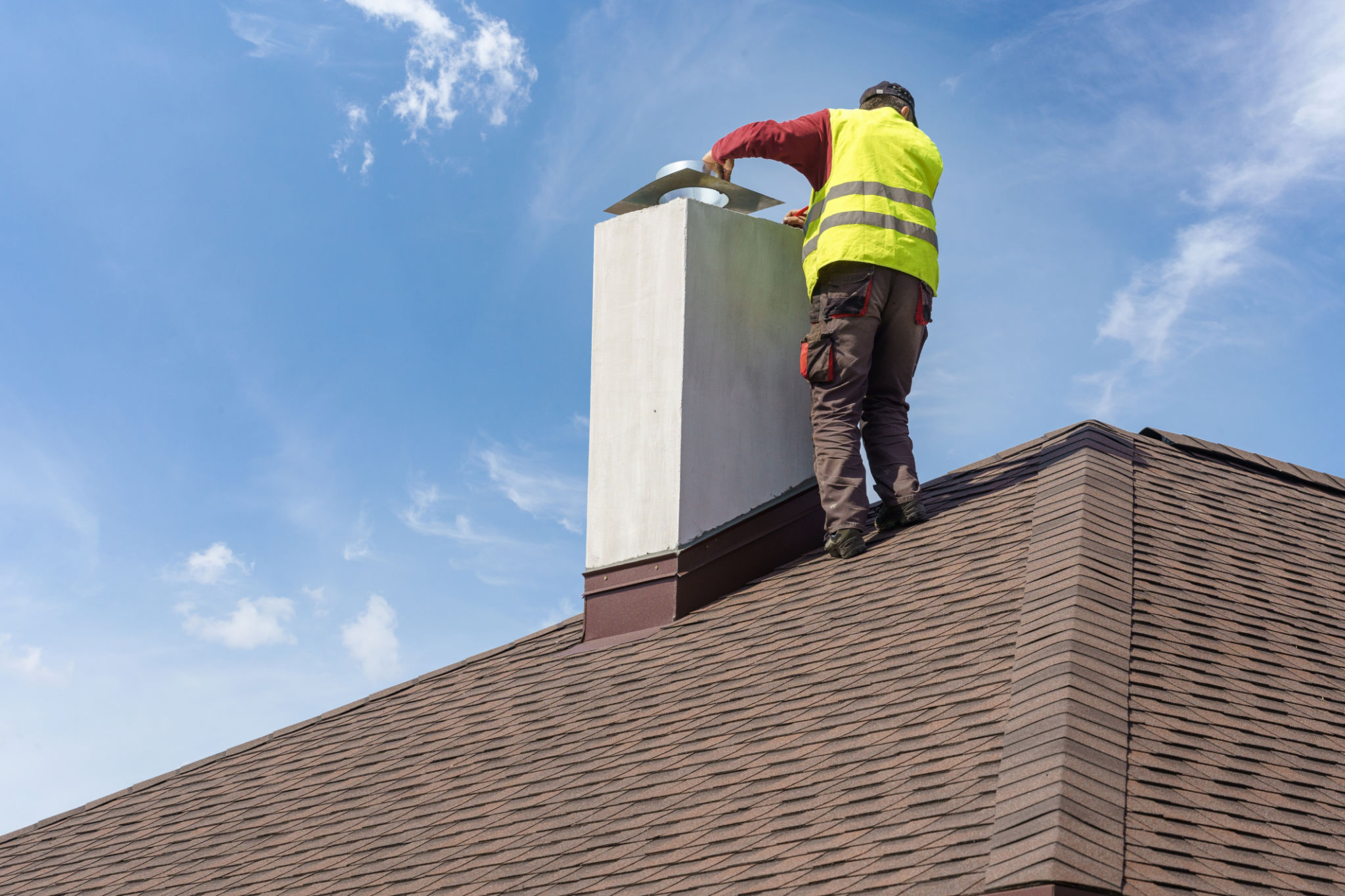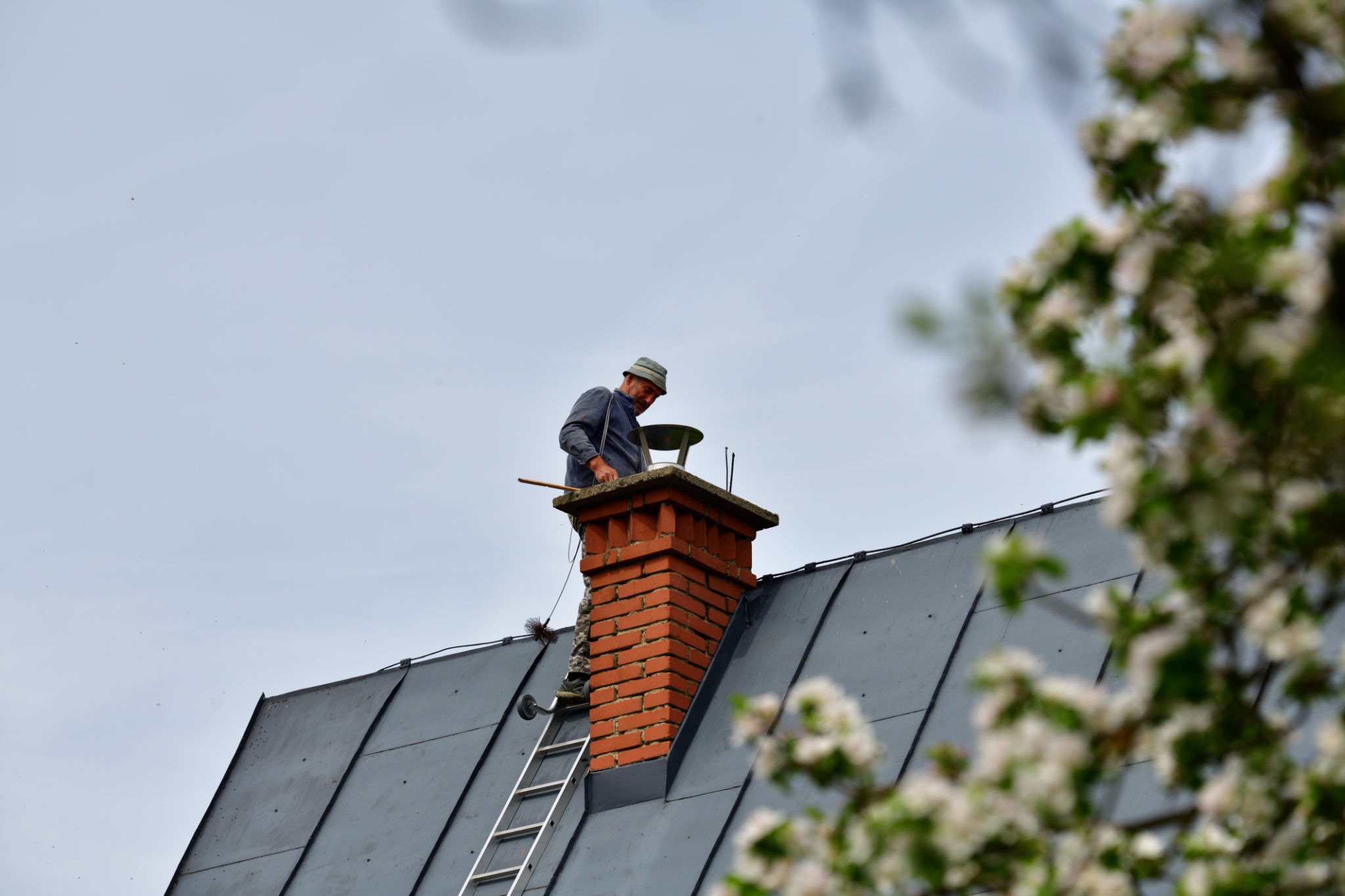Understanding Maryland’s Chimney Safety Regulations
Understanding the Importance of Chimney Safety
Maintaining a safe and efficient chimney is crucial for any homeowner, especially those residing in areas with colder climates like Maryland. A well-maintained chimney ensures not only the proper functioning of your fireplace but also the safety of your home from potential fire hazards. Understanding Maryland’s chimney safety regulations is essential for ensuring that your chimney is up to code and operating safely.
Chimneys serve as a pathway for smoke, gases, and other byproducts of combustion to exit your home safely. Over time, these byproducts can accumulate, leading to blockages and increased risk of chimney fires. In Maryland, specific regulations are in place to ensure that chimneys are kept in safe working order and to prevent such dangerous scenarios.

Maryland’s Chimney Safety Regulations
In Maryland, there are various regulations that govern the construction, maintenance, and inspection of chimneys. These regulations are designed to protect homeowners by minimizing the risk of fire and ensuring that chimneys operate efficiently. The regulations require regular inspections and cleaning by certified professionals to maintain safety standards.
Homeowners are advised to have their chimneys inspected at least once a year by a certified chimney sweep. This ensures that any creosote buildup or structural issues are identified and addressed promptly. The National Fire Protection Association (NFPA) also recommends this annual inspection routine as a minimum standard.
Key Inspection Points
During an inspection, several critical components of the chimney are examined. These include the flue liner, chimney cap, and masonry structure. The flue liner is essential for containing combustion byproducts, while the chimney cap prevents debris and animals from entering the chimney. The masonry structure must be intact to prevent leaks and structural damage.

Common Issues and Repairs
Chimney inspections often reveal common issues such as creosote buildup, cracked liners, or damaged masonry. Creosote is a highly flammable substance that must be removed regularly to prevent chimney fires. Cracks in the liner or masonry can lead to dangerous leaks of smoke and gases into the home.
Repairs might involve relining the chimney with a new stainless steel or clay liner, which provides a durable barrier against heat and corrosion. Masonry repairs can include tuckpointing or replacing damaged bricks to restore the structural integrity of the chimney.
The Role of Certified Professionals
Hiring certified professionals for inspections and repairs is vital. These experts are trained to identify potential hazards and apply the correct solutions. The Chimney Safety Institute of America (CSIA) certifies professionals who are knowledgeable about current safety standards and practices, ensuring that homeowners receive quality service.

Ensuring Compliance and Peace of Mind
By adhering to Maryland’s chimney safety regulations, homeowners can ensure their chimneys operate safely and efficiently. Regular maintenance not only complies with legal requirements but also provides peace of mind that your home is protected from potential fire hazards.
Staying informed about these regulations and working with certified professionals can save homeowners from costly repairs and dangerous situations in the long run. By investing in regular maintenance, you protect both your home and your family.